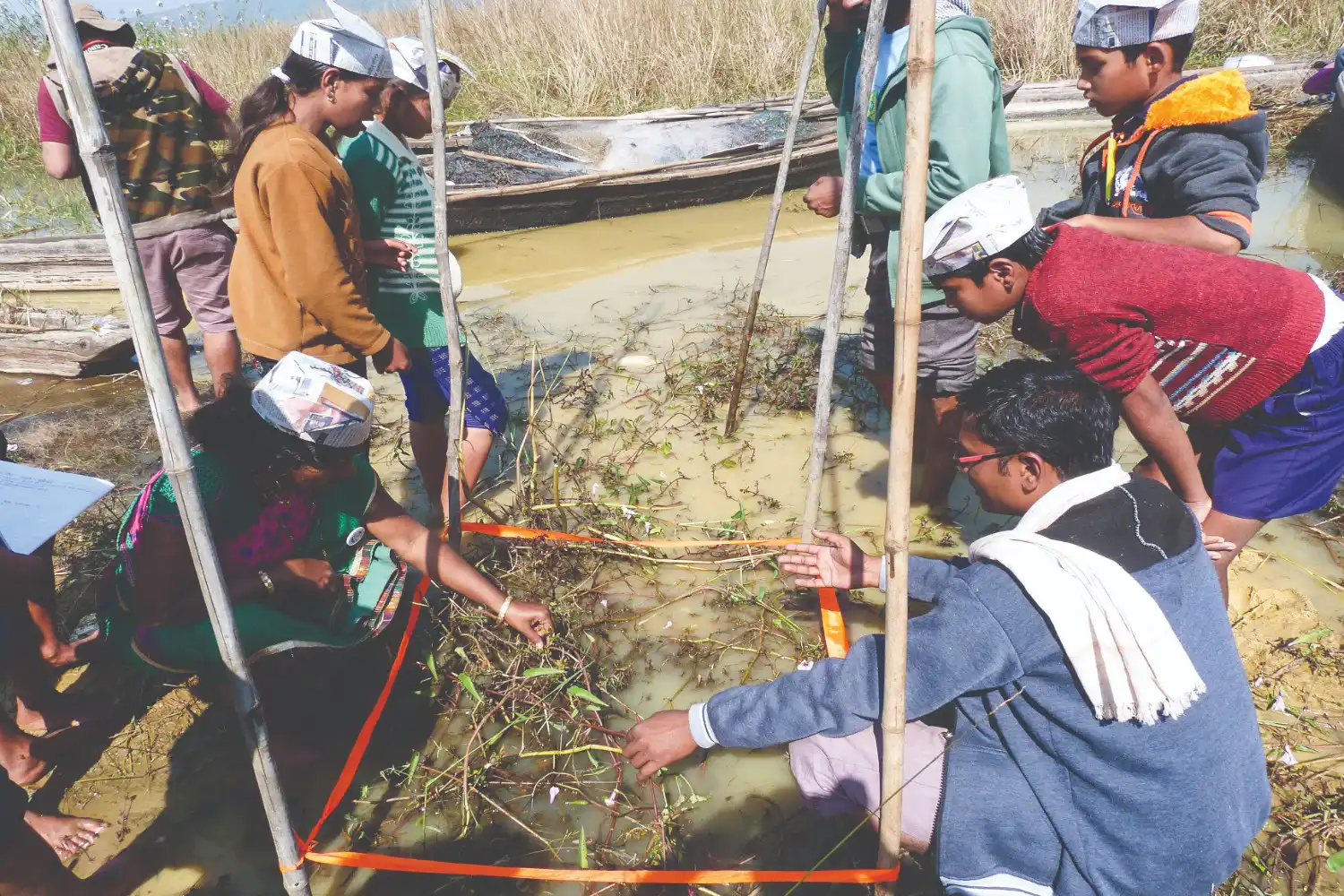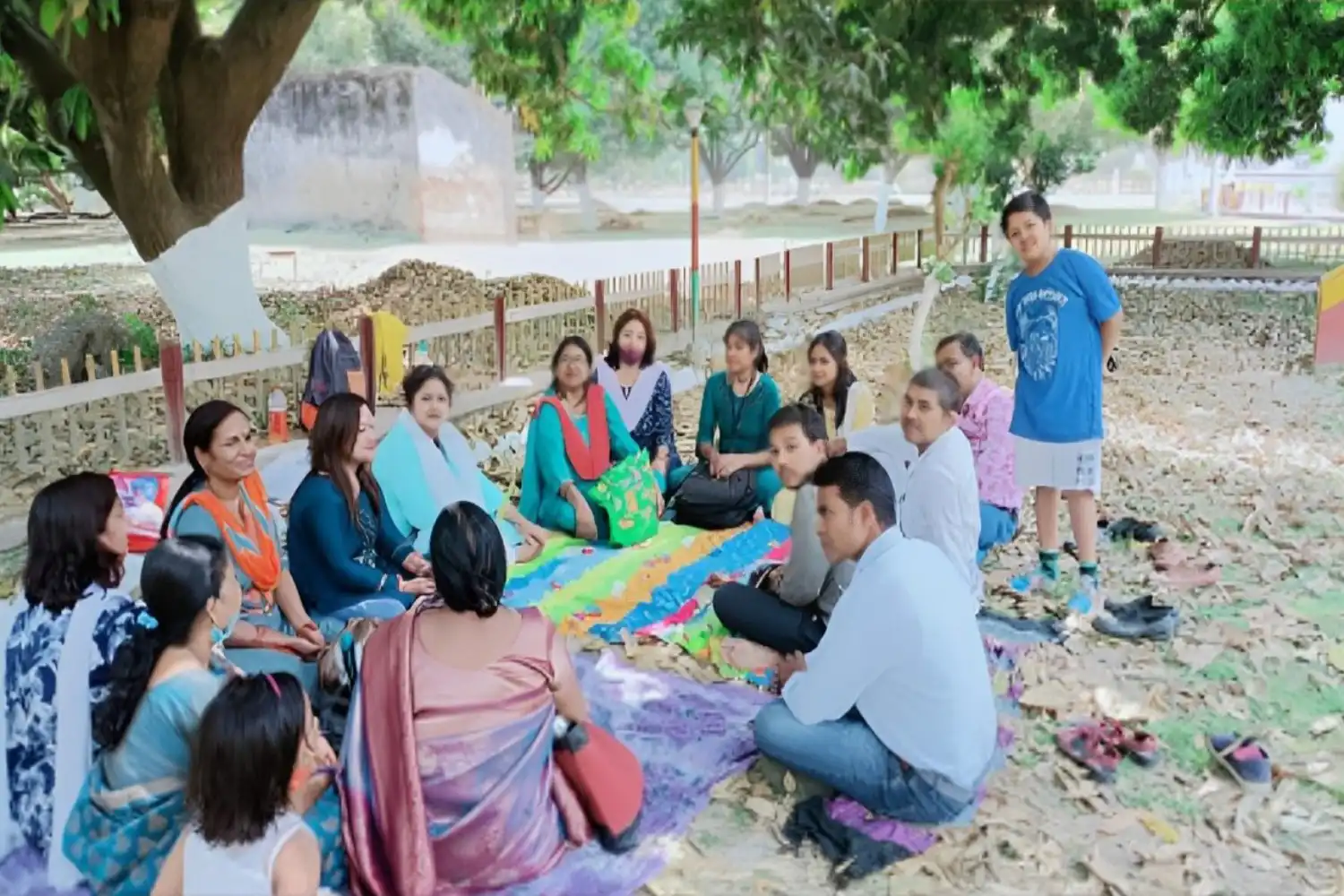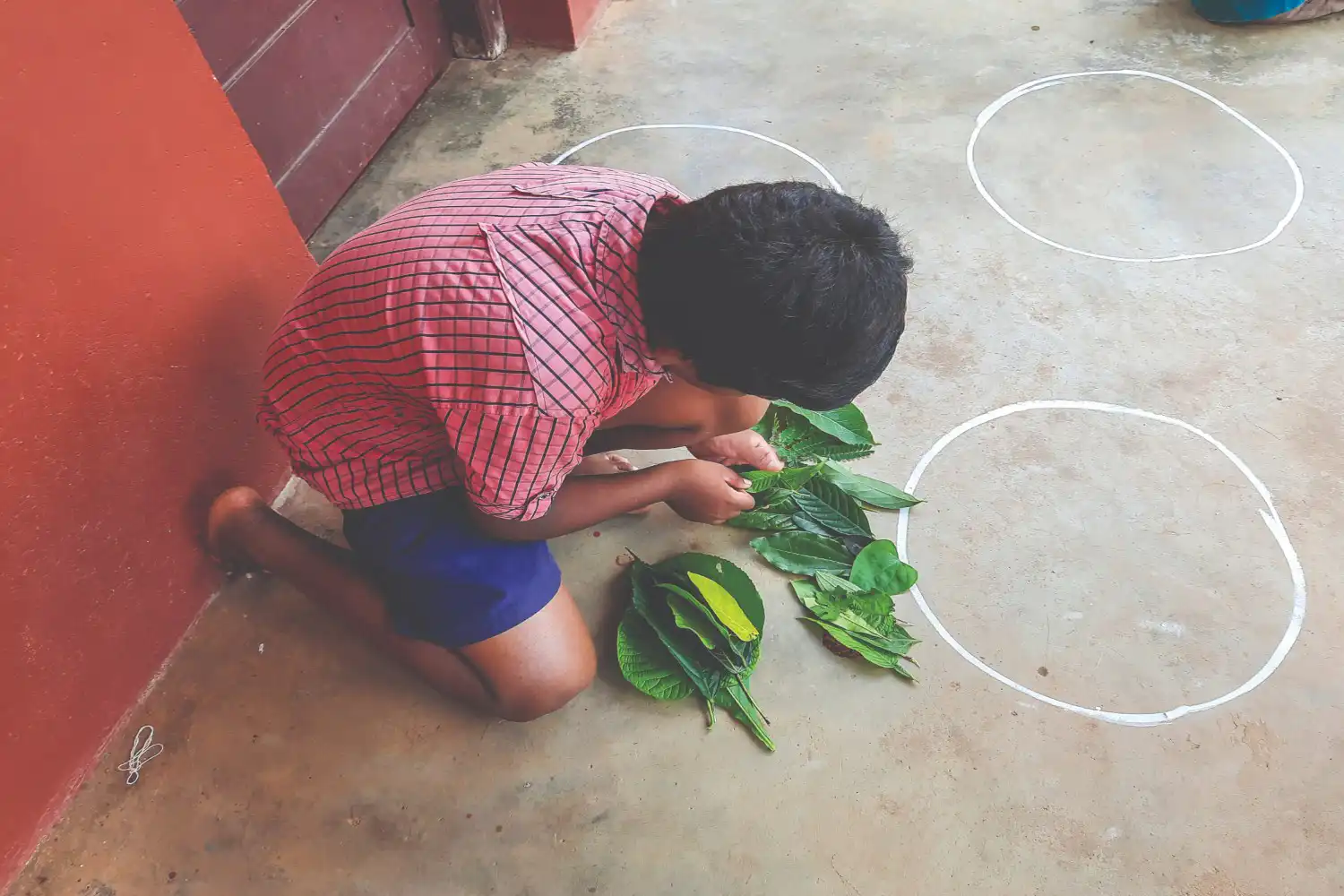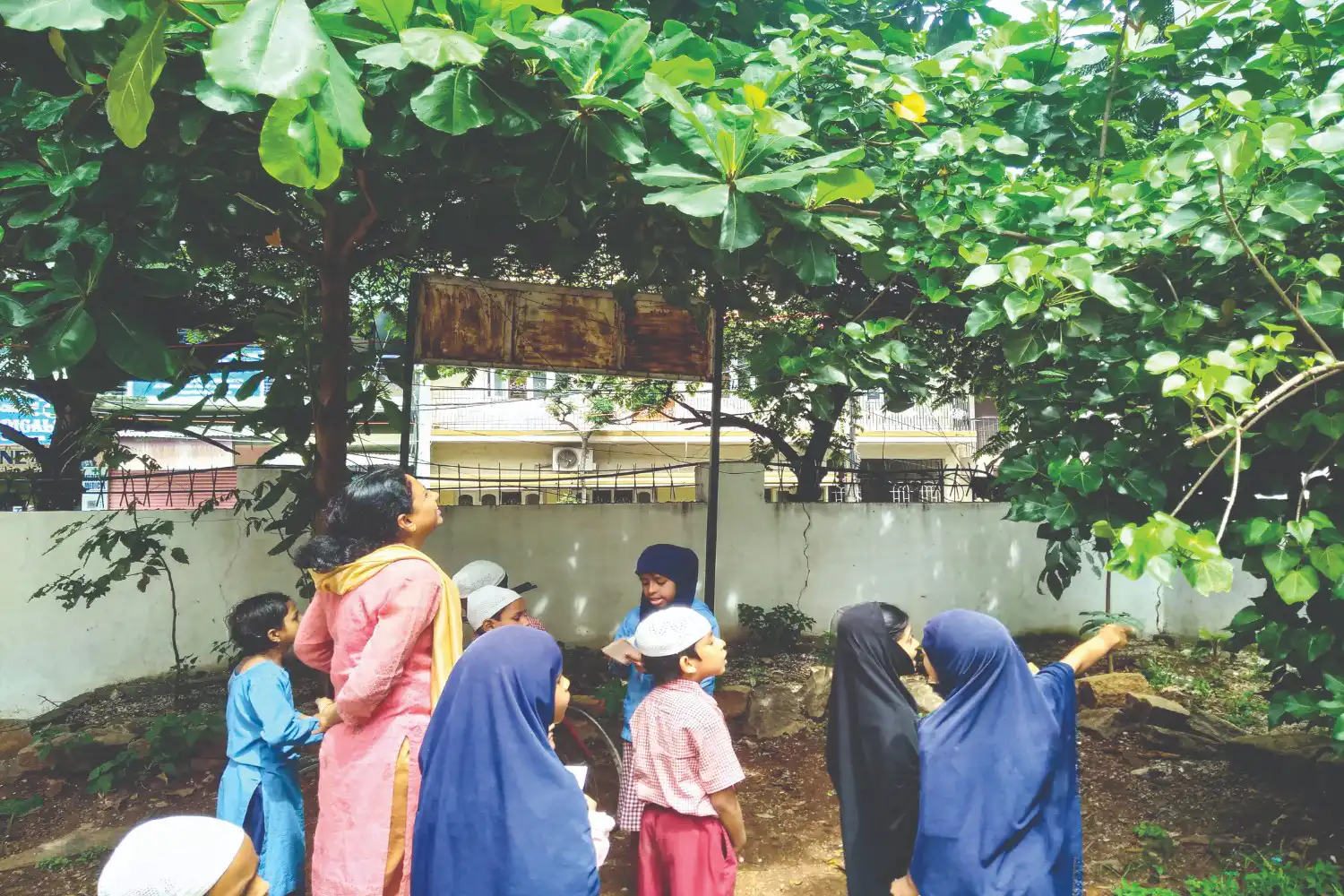Voices from nature education practitioners and thinkers from across India
This blog features insightful reflections on integrating nature education into our culture from various environmental educators. They emphasize the need for immersive, context-specific, and holistic experiences with the natural world to foster a deeper connection and commitment to conservation among children and communities.

“I wish that singing contests between neighbouring koels were as closely followed as IPL matches; and that the amorous behaviour of Giant Wood Spiders was as much in the news as the latest tweet from the celebrity of the hour.” – Suhel Quader, Nature Conservation Foundation
“I hope someday learning from nature finds its way back into our culture… That someday we are able to bridge the growing disconnect between us and nature and our heads and our hearts.” – Neha Kandalgaokar, Journeys with Meaning
“I hope for a time when nature education is neither drab nor obligatory, but instead filled with the true extent of wonder, colour and diversity that the natural world has to offer. Approaching these goals from a point of building environmental literacy and curiosity, rather than simply advocating for the environment, could help ensure that people care enough fundamentally to conserve our ever-changing worlds.” – Ishika Ramakrishna, Centre for Wildlife Studies
“We strongly believe that if children experience the natural world intensely, holistically, they’ll connect with it, feel one with it, and only then will they think about protecting it. Establishing this connect with one’s natural world, not just as an intellectual exercise but with all one’s senses is a crucial function of education, according to us. It is the foundation to addressing some of the challenges we are facing in today’s world. We were left with no doubt then, that if we were to strive to do meaningful work in education, EE had to be a core area of our work.” – Jamuna Inamdar, Aripana Foundation
“Information about conservation has to be locally relevant. It has to be context specific. For example, a child in Assam should not be taught the same thing as a child in the Western Ghats. These are completely different landscapes. So when you want children to get interested in conservation, when you want them to understand animals better, and know a lot more about the animals around them, you have to develop context specific, locally relevant content and methods with a focus on the landscape the child is placed in.” – Sumit Arora, Wild Shaale
“As an educator I am often in confusion when with children and nature. I have often asked: Can I teach them to observe nature? Should it be open-ended observation or should one intervene? Does nature observation mean acquiring a skill? Does this mean intervention from another who is skilled? Intervention in the form of guiding a specific skill—holding binoculars, giving pointers in sketching and note-taking, providing names of plants, birds, insects—is perhaps useful in documenting and understanding the experience in some common, shared manner. It is also often felt that children must engage with what they encounter, and that directing them is conditioning and narrowing their experience in some sense. An open, guided strategy is perhaps the best way forward to introduce the natural world to children!” – Thejaswi Shivanand, Centre for Learning




No approved comments yet. Be the first to comment!